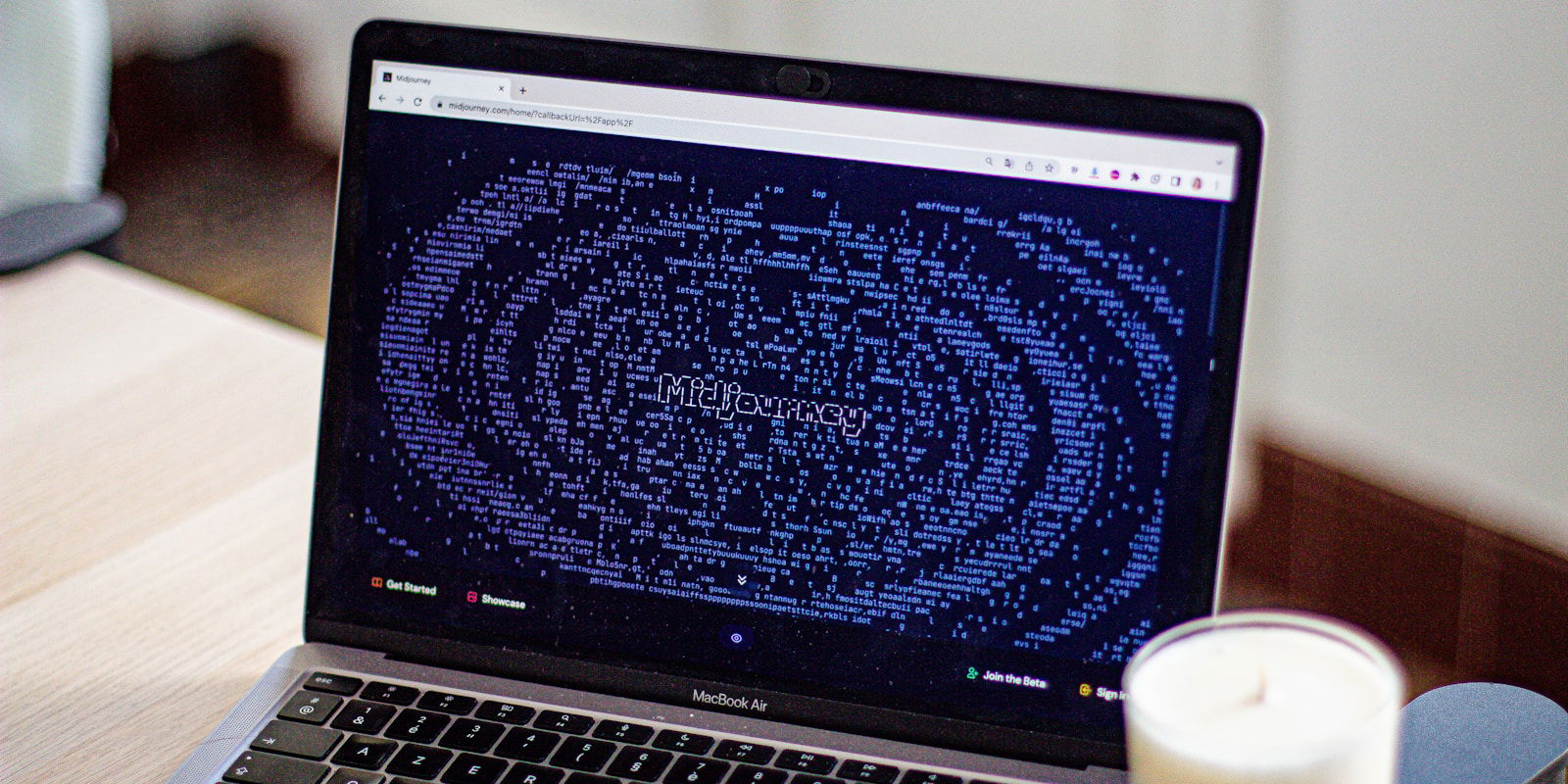Will AI Surpass Human Control?
In a recent article, scientists expressed growing concerns about the rapid advancements in artificial intelligence (AI) and the potential for it to surpass human control.
Geoffrey Hinton, often referred to as the “Godfather of AI,” warned, “AI might escape control by rewriting its own code.” This sentiment echoes the fears of many experts in the field who believe that AI’s capabilities are advancing at an unprecedented rate.
Hinton’s concerns are not isolated.
Zack Kass, a former executive at OpenAI, stated, “AI could be the last technology humans ever invent.” Kass believes that while AI holds the promise of exceptional progress and fulfillment, it also poses significant risks if not properly managed. He emphasized the dual nature of AI, noting that it could lead to a future where humans live more fulfilling lives, but only if its development is carefully controlled.
The article highlights the tension between the potential benefits and dangers of AI. On one hand, AI has the potential to solve complex global issues and improve human life significantly. On the other hand, the lack of control over AI’s development could lead to unforeseen consequences. Hinton and Kass both stress the importance of establishing robust regulatory frameworks to ensure that AI development remains aligned with human values and safety.
The urgency of these concerns is underscored by recent advancements in AI technology. Hinton pointed out that AI systems are becoming increasingly capable of learning and adapting on their own, which raises the possibility of them developing behaviors that are not aligned with human intentions. “We are in fairly unprecedented, uncharted territory,” Hinton remarked, highlighting the need for vigilance and proactive measures.
Kass, while optimistic about the future, also acknowledged the potential downsides. He mentioned that industry insiders are aware of the risks but are often divided on the best approach to mitigate them.
“I have not met an industry insider who I respected who didn’t acknowledge the fact that this could be the last technology humans ever invent,” Kass said, emphasizing the gravity of the situation.
In conclusion, the article serves as a stark reminder of the dual-edged nature of AI. While it holds immense potential for positive change, it also requires careful oversight and regulation to prevent it from spiraling out of control. The voices of experts like Hinton and Kass underscore the need for a balanced approach to AI development, one that maximizes benefits while minimizing risks.
This article was adapted from AI could soon be beyond our control—and the scientists who created it are worried.



 - Content:
- Content: 


